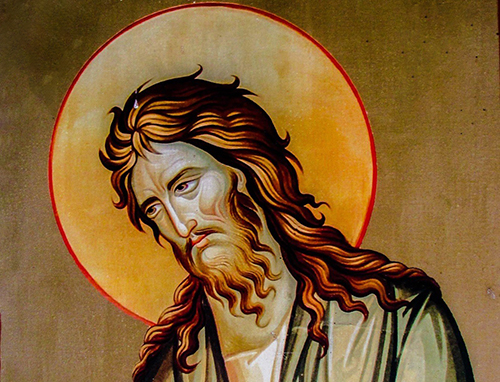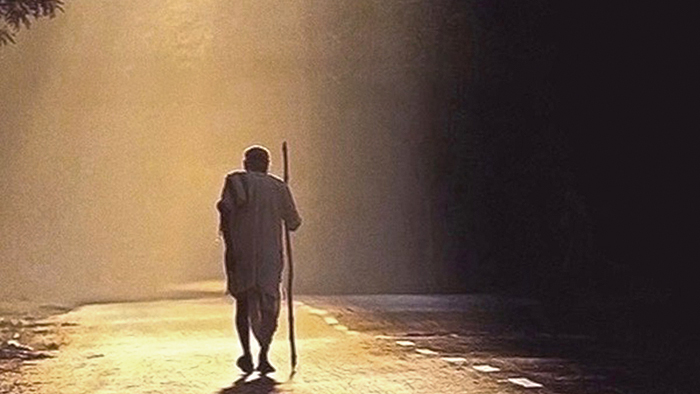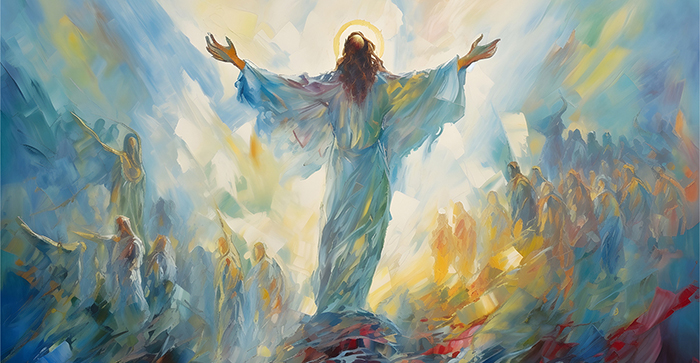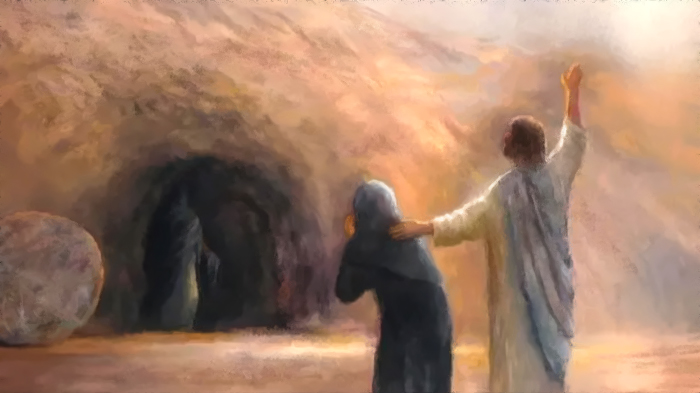
The gospels tell us that, next to Jesus, there isn’t anyone more important than John the Baptist. Herod knew well of John’s criticism of his behavior. But, like John, criticism is only a half-job, a half-prophecy: It can denounce a king by showing what’s wrong, and it can wash the soul in sand by blasting off layers of accumulated rust and dirt, but ultimately it can’t empower us to correct anything. Something else is needed. Grace. Fr. Ron Rolheiser writes that the gospels speak of two kinds of baptisms: the baptism of John and the baptism of Jesus, adding that John’s baptism is only a preparation for Jesus’ baptism. What’s John’s baptism? It’s a baptism of repentance, a realization of our wrongdoings, and a clear resolution to correct our bad behavior. What’s Jesus’ baptism? It’s an entry into grace and community in such a way that it empowers us internally to do what is impossible for us to do by our willpower alone. But how does this work? Is grace a kind of magic? No. It’s not magic. All psychic, emotional, and spiritual energy is, by definition, beyond a simple phenomenological understanding. Simply put, we can’t lay out its inner plumbing. There’s a mystery to all energy. But we can empirically lay out its effect: spiritual energy works. Grace works. This has been proven inside the experience of thousands of people (many of them atheists) who have been able to find an energy inside them that clearly does not come from them and yet empowers them beyond their willpower alone. Ask any addict in recovery about this. Sadly, many of us who are solid believers still haven’t grasped the lesson. We’re still trying to live out our lives by John’s baptism alone, that is, by our own willpower. That makes us excellent critics but leaves us powerless to change our own lives. What we are looking for and desperately need is a deeper immersion into the baptism of Jesus, that is, into community and grace.









